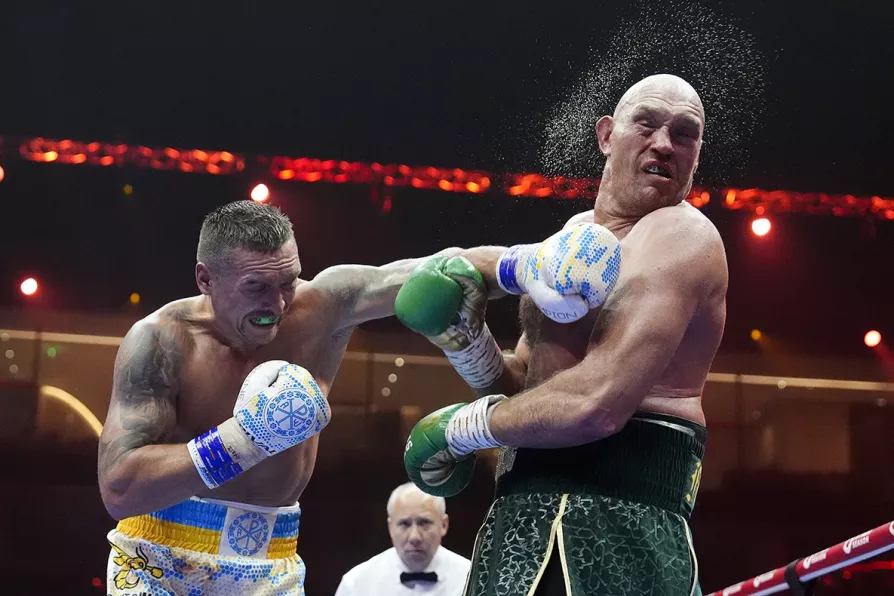The history behind Soviet-style boxing
Not only did this school of fighting create champions in Eastern Europe, it influenced boxers across the entire world, explains JOHN WIGHT

 kapow: Oleksandr Usyk (left) lands a punch on Tyson Fury during ninth round of the Heavyweight Championship fight in Riyadh, May 18, 2024
kapow: Oleksandr Usyk (left) lands a punch on Tyson Fury during ninth round of the Heavyweight Championship fight in Riyadh, May 18, 2024
THE SOVIET school/style of boxing — think Bivol, think Usyk, think Golovkin, think Kovalev, and think the Klitschko brothers — traces its roots to the famed boxing schools of the now non-existent communist state.
These were the breeding grounds for the development of the tactical acumen and technical precision within a fighter’s armoury.
It was devised as a response to the challenges posed by opponents, rather than the reliance on sheer personal toughness and determination.
Similar stories

JOHN WIGHT previews the much-anticipated bout between Benn and Eubank Jnr where — unlike the fights between their fathers — spectacle has reigned over substance

JOHN WIGHT questions how legend of the sport Roberto Duran is lending credibility to the sportswashing circus that is Riyadh Season — and at what cost?











